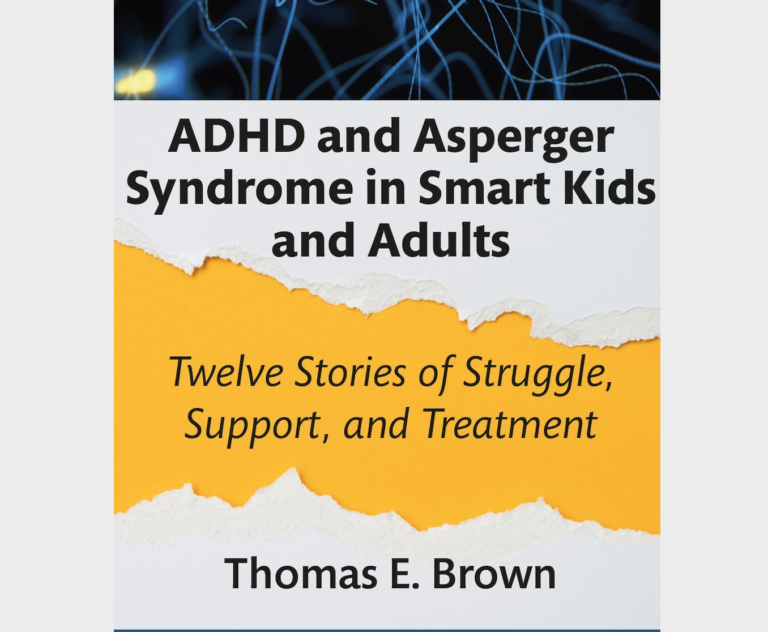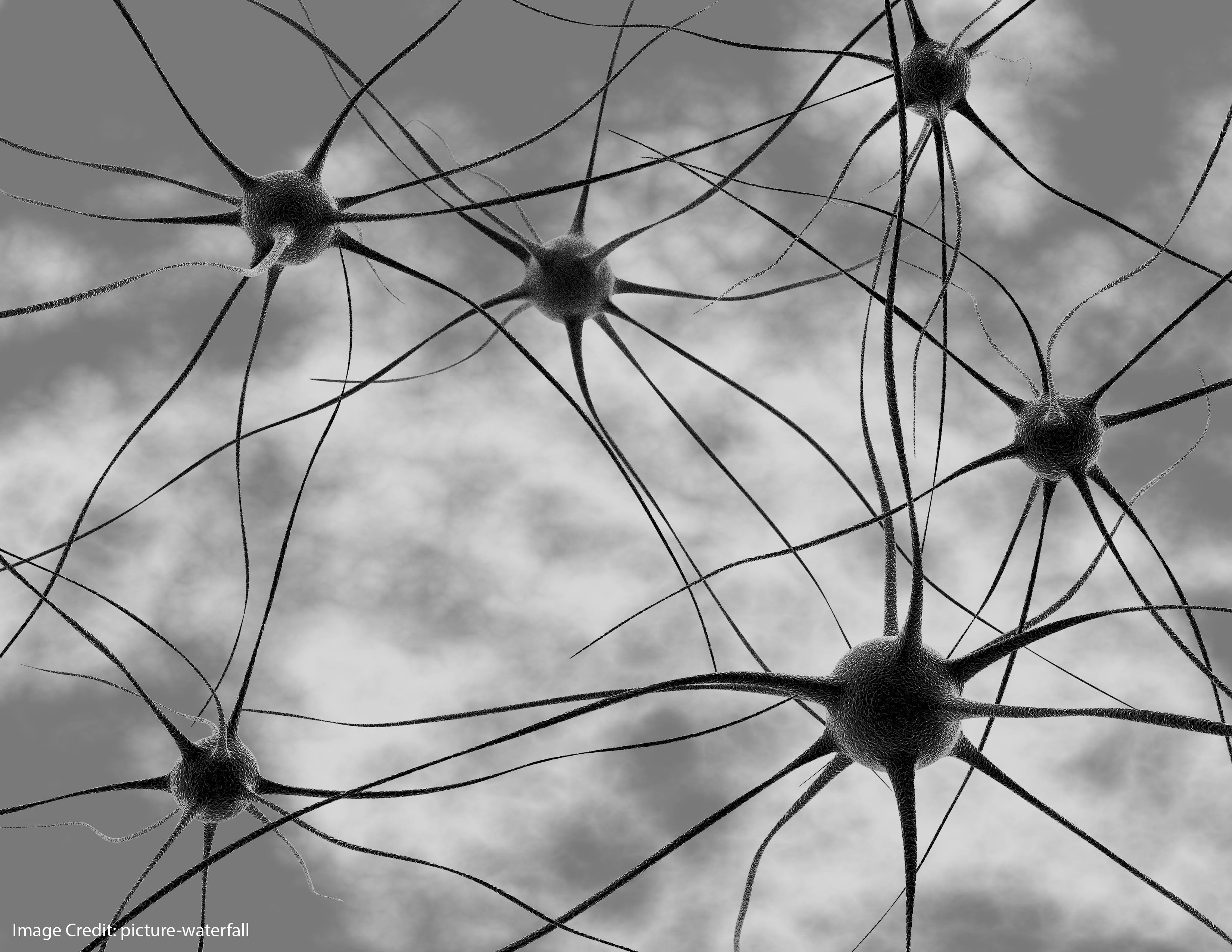Tags
ADHD adolescence attention book review boundary conditions classroom advice conference speakers constructivism/direct instruction creativity desirable difficulty development dual coding education elementary school embodied cognition emotion evolution executive function exercise experts and novices gender high school homework intelligence long-term memory math methodology middle school mindfulness Mindset motivation neuromyths neuroscience online learning parents psychology reading retrieval practice self-control skepticism sleep STEM stress technology working memoryRecent Comments
- Understanding Test Anxiety on Test Anxiety: How and When Does It Harm Students?
- A Skeptic Converted? The Benefits of Narrative |Education & Teacher Conferences on Help Me Understand: Narrative Is Better than Exposition
- Debate #4- Cell phones be banned from the classroom. | Aradhana's blog – ECI830 on Cell Phones in the Classroom: Expected (and Unexpected) Effects
- The Rare Slam Dunk? Blue Light Before Bed |Education & Teacher Conferences on “Writing By Hand Fosters Neural Connections…”
- Andrew Watson on “You Can Find Research that Proves Anything”
ABOUT THE BLOG
Tag Archives: ADHD

ADHD and Asperger Syndrome in Smart Kids and Adults by...
In ADHD and Asperger Syndrome in Smart Kids and Adults: Twelve Stories of Struggle, Support,…

Dodging “Dodgy” Research: Strategies to Get Past Bunk
If we’re going to rely on research to improve teaching — that’s why you’re here,…

Top Neuroscience Stories of 2017, Wisely Annotated
The top neuroscience stories of 2017 help teachers understand the brain, its connection to the body, ADHD, and the guidance that science can offer teachers. Continue reading

Diagnosing ADHD with MRI
How do we know if a student has ADHD? Typically, we observe behavior. To what…

Rates of ADHD Diagnosis: Age, Gender, and Race
Dr. David Rabiner offers a helpful summary of trends in ADHD diagnoses. The short version:…

ADHD: Types and Treatments
Here’s a handy anatomy of ADHD, complete with treatment options. The key point: people are…

